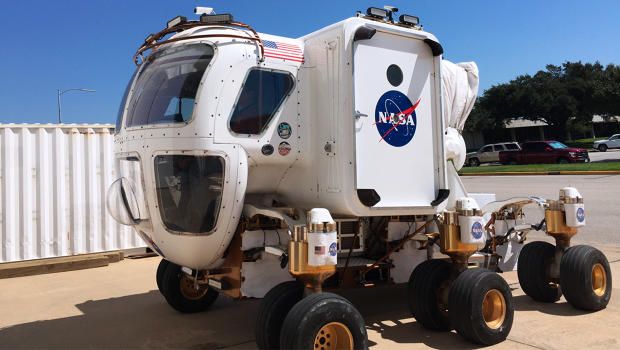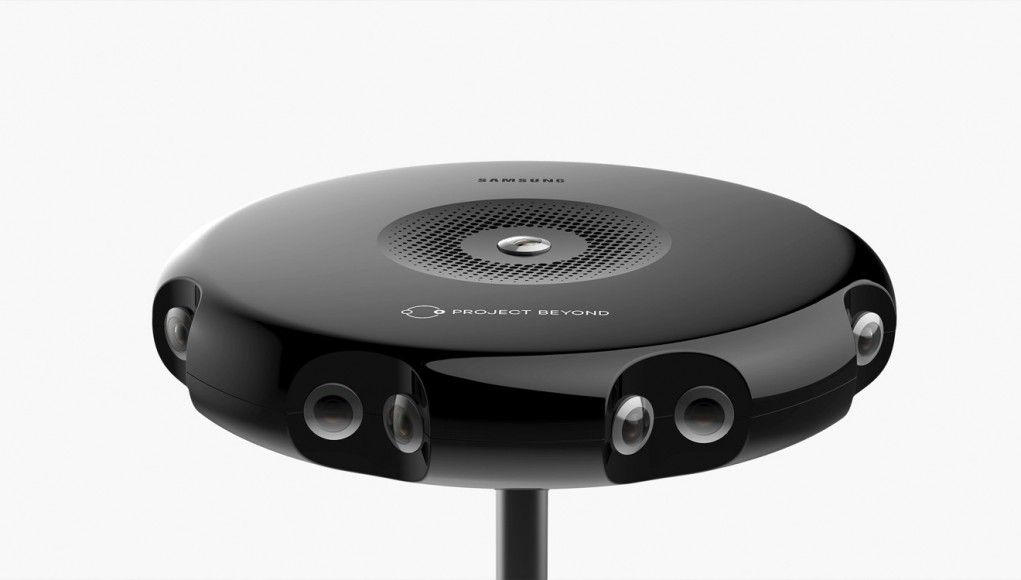Mark Zuckerberg wants to live a bit more like Tony Stark. In a post on Facebook this afternoon, Zuckerberg wrote that he intends to build an AI that can run his home and present him with virtual reality visualizations of his work. “You can think of it kind of like Jarvis in Iron Man,” Zuckerberg writes.
Zuckerberg’s vision starts basic but gets a lot more ambitious. “I’m going to start by exploring what technology is already out there,” he writes. That should be able to handle his initial goals, like controlling “music, lights, temperature, and so on.” He also wants this system to recognize when friends are at the front door and let them in, alert him if his newborn daughter needs attention, and to do all of this only when it recognizes the person speaking. For the most part, that’s all doable even for the non-billionaire home builder. Zuckerberg has already found one product that he likes: “For just music, the Amazon Echo is pretty great. It’s been very useful for controlling music with my voice while both hands are occupied taking care of Max.”
The more challenging aspects of the project include making it work without direct input by him or Priscilla Chan, his wife. “I’m very interested in using voice and face recognition to set lights and temperature as well depending on who is in what rooms, etc,” he writes. “For example, I like rooms colder than Cilla, and but it’s possible to just see who is in what room and adjust the temperatures automatically.”



